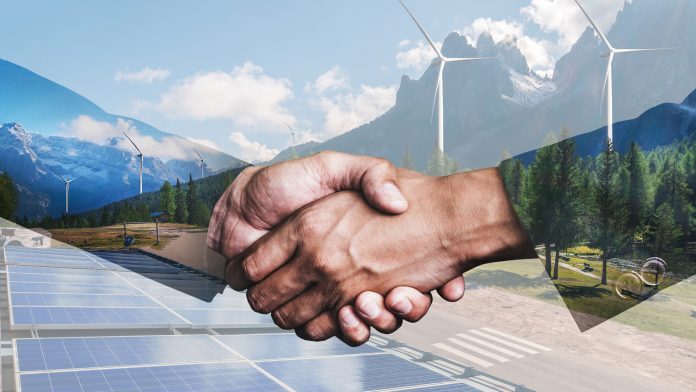The U.S. Department of Energy recently announced – 21 July 2022 – a $96m funding opportunity to support decarbonising the domestic transport sector.
Decarbonising transport
It is intended for this funding to focus on expanding electric vehicle (EV) charging accessibility, creating cleaner non-road vehicles through electrification, the use of alternative fuels, and developing electric drive components and materials to maximise EV efficiency and affordability. This is because currently on-road vehicles, including agricultural and construction equipment, rail, marine and aviation, are a major source of pollution, emitting more carbon pollution than any other sector of the US economy.
Additionally, lowering vehicle emissions will support President Biden’s goal to achieve a net zero economy by 2050. Furthermore, in accordance with President Biden’s Justice40 Initiative, applicants for this funding must demonstrate how proposed projects will benefit traditionally disadvantaged communities that lack access to clean energy sources.
“To strengthen our transportation sector to support our growing economy, the U.S. Department of Energy (DOE) is investing in clean mobility options that will eliminate harmful emissions, reduce our reliance on volatile fossil fuels, and cut energy costs,” explained Jennifer M. Granholm, U.S. Secretary of Energy. “Achieving President Biden’s climate goals will require expanding access to EVs for all drivers and modernising vehicles that power the agricultural and construction industries.”
Expanding EV charging accessibility
To ensure that President Biden’s ambition for EVs to make up half of all automotive sales by 2030 is achieved, DOE is ensuring that the nation’s charging infrastructure is prepared to meet the increased demand. For many Americans, EV benefits – such as low maintenance and fuelling costs – are enhanced by having accessible charging near homes and workplaces. DOE is committed to developing solutions in underserved areas and for drivers who do not have access to charging at home. Additionally, DOE will invest in projects that create regional refuelling infrastructure plans for zero emission medium and heavy-duty vehicles powered by electricity and hydrogen fuel.
This recent investment accompanies the $5bn made available under the new National Electric Vehicle Infrastructure Formula Programme, which was established by President Biden’s Bipartisan Infrastructure Law, to build out a national EV charging network.
Developing electric drive components
New materials and advanced electric drive systems are critical to developing next-generation EV platforms, including full battery electric and fuel cell EVs with smaller, more affordable electric systems for improved performance and durability. DOE will also fund projects that seek to develop novel multifunctional materials for EVs and improve powertrain performance in EVs for increased functionality and reliability.
Non-road engines and fuel technologies
While decarbonising on-road vehicles is critical to fighting climate change, it is equally important to research, develop, and deploy clean, non-road engines and fuel technologies for aviation, marine, and off-road (e.g., construction, agriculture), and rail. DOE intends to fund research on non-road engine technologies that are less harmful to the environment and develop electric, natural gas, and other alternatives for fuelling and powering non-road engines.
Applicants for the Fiscal Year 2022 Vehicle Technologies Office Programme-wide funding opportunity announcement must submit a concept paper by 25 August 2022.
To apply, applicants must register with and submit application materials through a DOE online application portal. Full applications are due on 10 November 2022.







